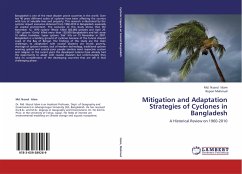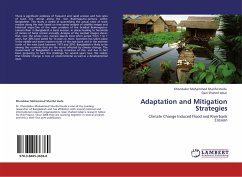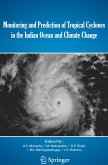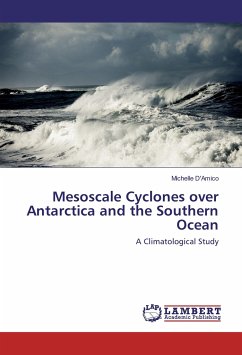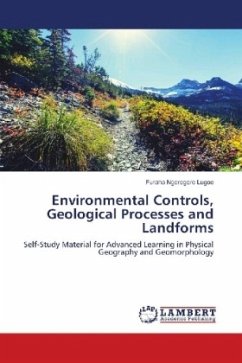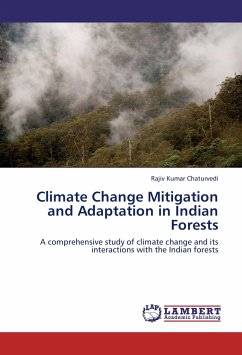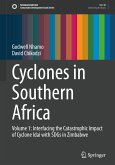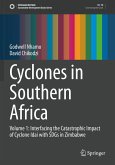Bangladesh is one of the most disaster prone countries in the world. Over last 40 years different scales of cyclones have been affecting the country with loss of valuable lives and property. This research is illustrated by the cyclonic impact scenarios obtained from 1960-2010 in Bangladesh especially on coastal environment. The scenarios of this study shows that the November 12, 1970 cyclone Bhola killed 500,000 peoples and April 29, 1991 cyclone Gorky killed more than 130,000 Bangladeshis and left some 10 million homeless. Super cyclone Sidr hits on 15 November in 2007. Bangladesh is a landing ground of cyclones because of the funnel shaped coast of the Bay of Bengal. The findings of this study are the main challenges to adaptation with coastal disasters are erratic poverty, shortage of cyclone centers, lack of modern technology, traditional cyclone warning system and coastal poor people careless mind respective custom and religion. In the recent years the developed nations havealready had the opportunity to adapt with coastal disasters but unfortunately they take no consideration of the developing countries that are still in that challenging phase.

